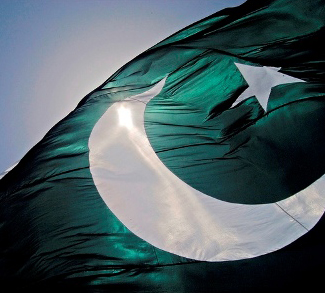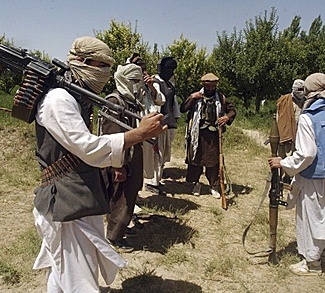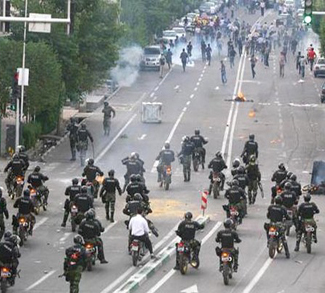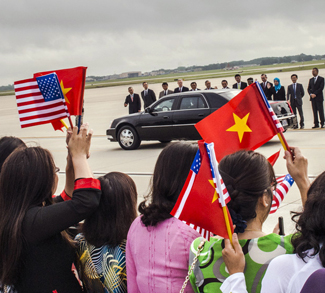Pakistan-American relations lie in uncharted territories. Rumblings from both capitals suggest that the two long-time allies are on the verge of a historic rupture – possibly heralding a seismic shift in America’s foreign policy in the Persian Gulf and ushering in a realignment of allegiances in the region.
From the early 1950s until recently, strong US-Pakistani relations were an essential element of American foreign policy in the Persian Gulf. US officials have for decades positioned Pakistan as a first line of defence against America’s enemies – first against Soviet expansionism and then against the forces of Islamist extremism. Since 2001, Pakistan has been the keystone of America’s ‘War on Terror,’ receiving more than $10 billion in American aid between 2001 and 2009 and buying more than $5 billion in U.S. weaponry.
A series of spats between Washington and Islamabad in the past eighteen months have quickly eroded what was once an almost ironclad relationship, however. More importantly, these conflicts underscore the two countries diametrically opposed geostrategic interests.
Washington, on the one hand, is set on propping up a tottering Afghan regime that almost no one envisions surviving without massive amounts of American support; hoping that Karzai’s regime will act as a bulwark against the Taliban and its Islamic foes. Islamabad, on the other hand, is doing what Pakistani governments have done for decades: colluding with Islamic militants in order to exert pressure and destabilize its adversarial neighbors. Islamabad has long seen the Taliban as a useful tool in its endless duel with India and it is simply throwing in its lot with the forces it feels it can best manipulate. Unfortunately however, the Islamic militants are a markedly unruly lot, not given to submitting to outside control.




